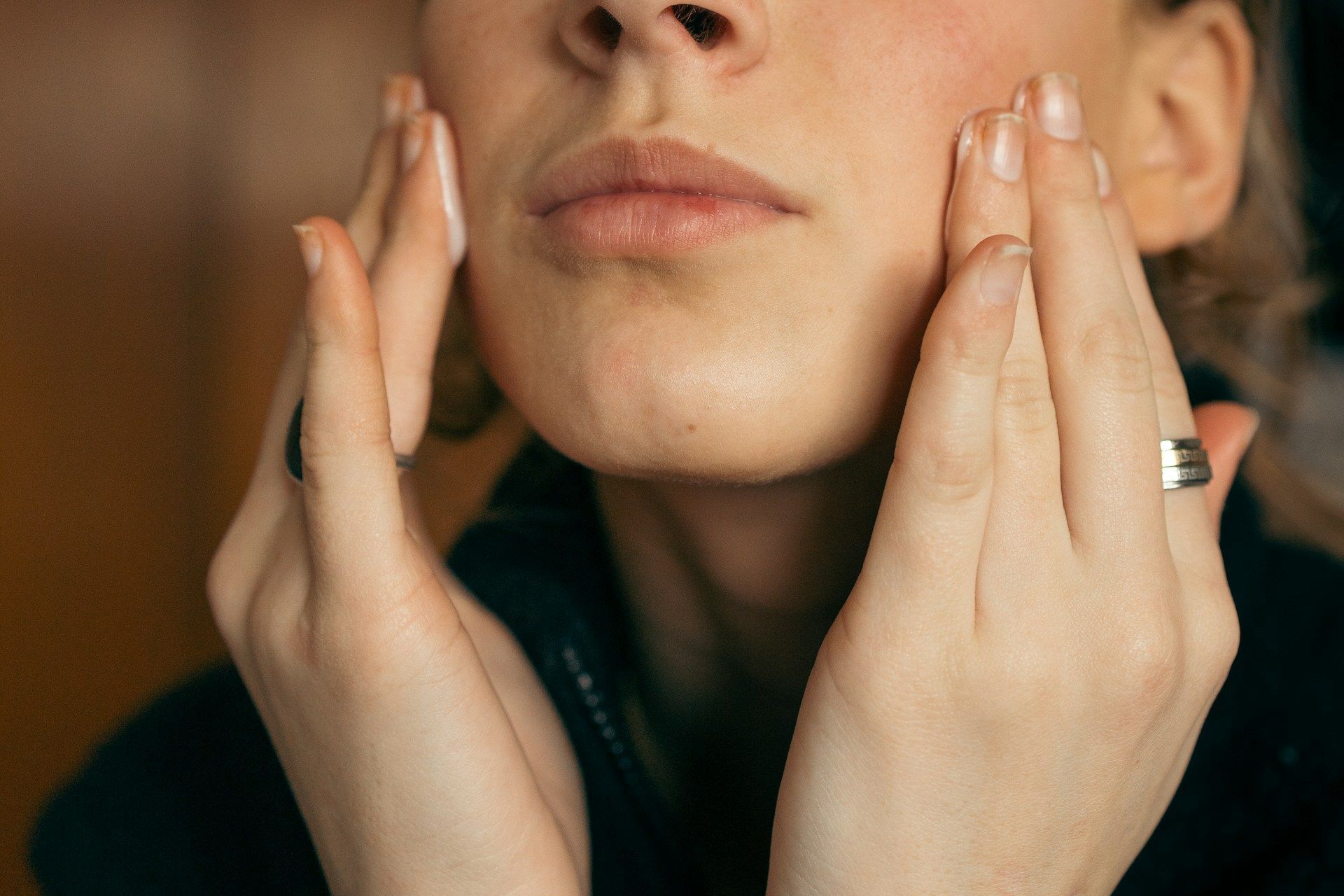Do You Have Sleep Apnea? Dr. Cameron Kuehne Helps You Find Out

Do you often wake up feeling tired, even after a full night's sleep? You might be suffering from sleep apnea without even knowing it. Sleep apnea is a common yet serious sleep disorder where your breathing repeatedly stops and starts. This can lead to poor sleep quality and other health problems. For those of us in Meridian, it’s essential to understand what sleep apnea is and how it impacts our lives.
Dr. Cameron Kuehne at The Center For Sleep Apnea and TMJ is dedicated to helping you recognize the signs of sleep apnea. This condition doesn’t just affect your sleep—it can lead to daytime fatigue, difficulty concentrating, and even heart issues. Learning how to identify sleep apnea is the first step toward better sleep and overall health.
What is Sleep Apnea and How Does It Affect You?
Sleep apnea is a sleep disorder where your breathing repeatedly stops and starts during sleep. Dr. Cameron Kuehne explains that there are two main types: obstructive sleep apnea (OSA) and central sleep apnea (CSA). OSA is more common and happens when the muscles in the back of your throat relax too much to allow normal breathing. CSA occurs when your brain doesn't send proper signals to the muscles that control breathing.
When you have sleep apnea, each pause in breathing can last from a few seconds to a few minutes and can occur 30 times or more per hour. These interruptions can pull you out of deep sleep and into a lighter sleep, which leads to poor sleep quality. Over time, this can affect your daily life and health.
Untreated sleep apnea can have serious health consequences. It can lead to daytime fatigue, difficulty concentrating, and mood swings. More severe health issues include high blood pressure, heart problems, and an increased risk of type 2 diabetes. Realizing the impact of sleep apnea can prompt you to take the necessary steps to manage and treat this disorder effectively.
Common Symptoms of Sleep Apnea
Recognizing the symptoms of sleep apnea is the first step towards diagnosis and treatment. Dr. Cameron Kuehne lists several signs that might indicate you have sleep apnea:
1. Loud Snoring: One of the most noticeable signs is loud snoring, which is usually more pronounced in obstructive sleep apnea. Your partner may be the first to notice this symptom.
2. Gasping for Air: You might wake up suddenly, gasping for air or feeling short of breath during the night. This is your body reacting to the lack of oxygen.
3. Daytime sleepiness: excessive daytime sleepiness and fatigue, even after a full night's sleep, can be significant indicators. You might find it hard to stay awake during the day.
4. Morning Headaches: Frequent headaches, especially in the morning, can happen because of low oxygen levels in your blood during sleep.
5. Difficulty Concentrating: Trouble focusing and memory issues are common because of disrupted sleep.
6. Mood Changes: Sleep apnea can also affect your mood, leading to irritability or even depression.
By being aware of these symptoms, you can better identify if you or your loved ones might be suffering from sleep apnea. Early detection is key to managing and treating this condition effectively. Dr. Cameron Kuehne advises paying close attention to these signs and seeking professional help if you notice them in your daily life.
Risk Factors for Developing Sleep Apnea
Understanding the risk factors for sleep apnea can help you determine if you’re at a higher chance of having this sleep disorder. Dr. Cameron Kuehne outlines several factors that could increase your risk:
1. Weight: Excess weight is a major risk factor. Fat deposits around the upper airway can obstruct breathing. Losing weight can reduce the risk of sleep apnea.
2. Age: Sleep apnea can occur at any age, but it's more common in older adults. The muscles in your throat can weaken as you age, making it easier for the airway to become blocked.
3. Gender: Men are more likely to have sleep apnea than women. However, the risk for women increases if they are overweight or have gone through menopause.
4. Family History: A family history of sleep apnea can increase your risk. Genetic factors can play a role in the size and shape of your airway.
5. Alcohol and Smoking: Alcohol can relax the muscles in your throat, making it easier for them to collapse. Smoking can also increase inflammation and fluid retention in the upper airway.
6. Medical Conditions: Certain conditions like high blood pressure, diabetes, and heart disease can increase the risk of developing sleep apnea.
By knowing these risk factors, you can be more aware and take preventive measures. Dr. Cameron Kuehne recommends lifestyle changes to reduce these risks and improve your overall well-being.
Practical Steps to Identify Sleep Apnea at Home
Identifying sleep apnea at home can be a crucial first step toward getting the right treatment. Dr. Cameron Kuehne suggests several practical steps you can take to recognize the signs:
1. Monitor Your Sleep: Keep a sleep diary for at least a week. Note how many hours you sleep, the quality of your sleep, and any disruptions. Pay attention to how you feel in the morning and throughout the day.
2. Ask Your Partner: If you share a bed with someone, ask them to observe your sleep. They can notice signs like loud snoring, choking, or gasping for air—things that you might not be aware of.
3. Record Your Sleep: Use a smartphone app or an audio recorder to capture sounds while you sleep. This can help you identify if you snore heavily or gasp for breath during the night.
4. Evaluate daytime symptoms: Pay attention to how you feel during the day. Excessive daytime tiredness, mood swings, and trouble concentrating are all signs of sleep apnea.
5. Check for Physical Symptoms: Look for physical signs such as frequent headaches, dry mouth in the morning, or unexplained weight gain. These symptoms can be linked to sleep apnea.
By following these steps, you can gather valuable information that will help Dr. Cameron Kuehne at The Center for Sleep Apnea and TMJ provide a proper diagnosis and treatment plan.
Conclusion
Managing sleep apnea starts with understanding its symptoms, risk factors, and practical steps you can take at home to identify it. Dr. Cameron Kuehne provides valuable insights into recognizing this sleep disorder and the impact it can have on your life. By taking note of loud snoring, daytime sleepiness, and other signs, you can determine if sleep apnea might be affecting your health.
Remember that knowing your risk factors, such as excess weight, age, and family history, is crucial in taking preventative measures. Simple steps like monitoring your sleep and asking your partner to observe your snoring can provide useful clues. Your journey to better sleep and overall health starts with these small but important actions.
If you think you may have sleep apnea and need expert care, get in touch with Dr. Cameron Kuehne at the
Meridian sleep apnea clinic, The Center for Sleep Apnea, and TMJ. Schedule a consultation now and take the first step toward achieving a restful, healthy night's sleep.










